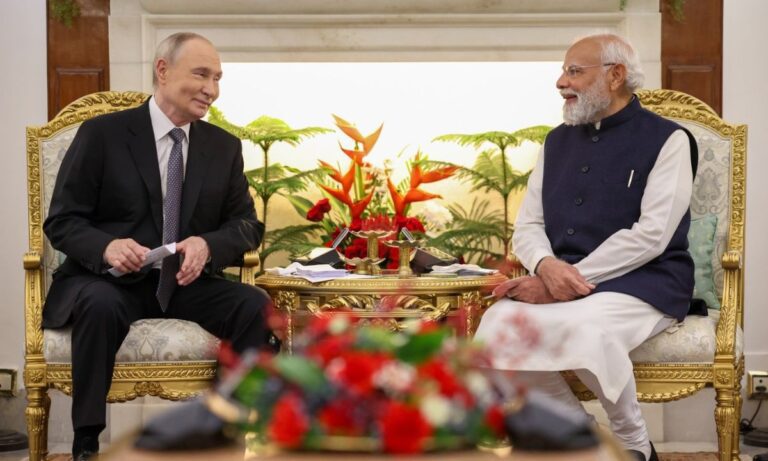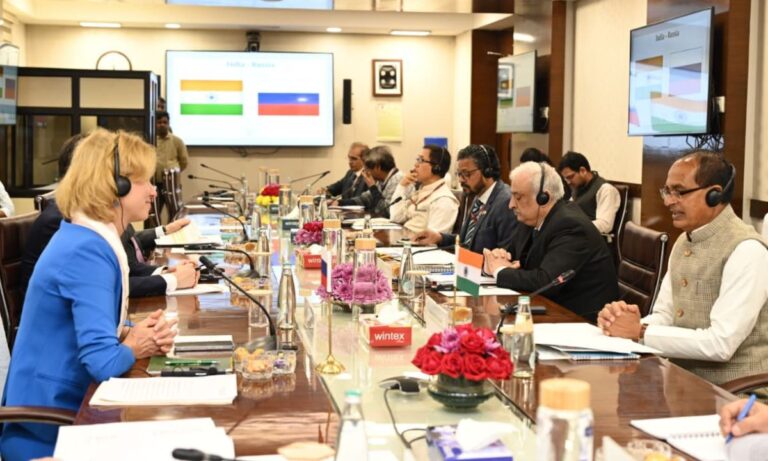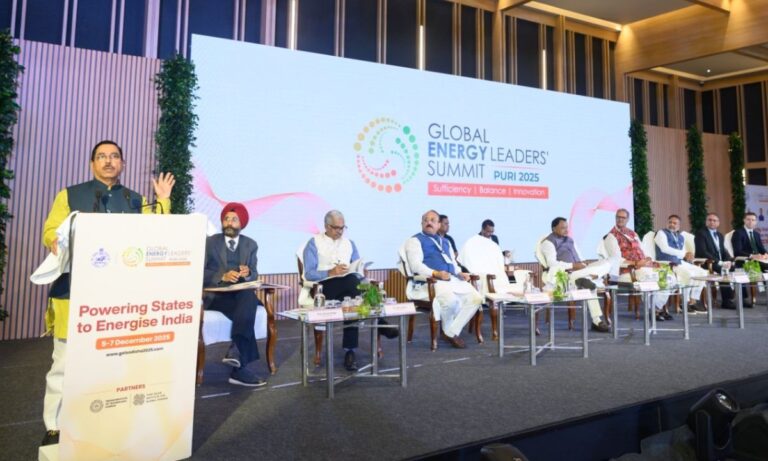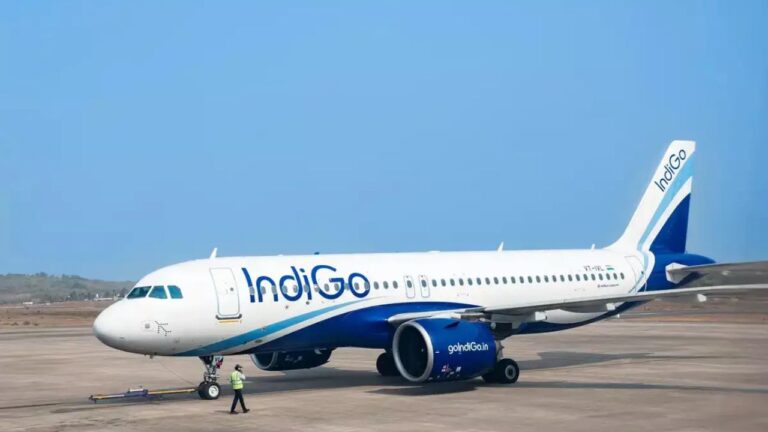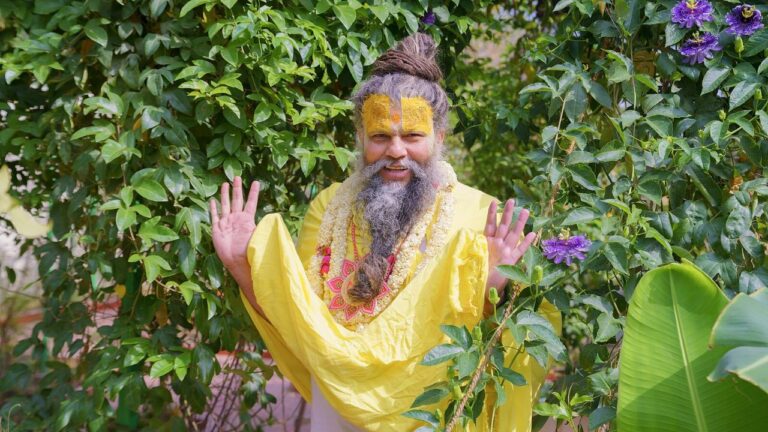
Vice President to Inaugurate Int’l Conf. on Dam Safety at Jaipur on 14th September, 2023
The International Conference on Dam Safety in Jaipur, Rajasthan, scheduled for September 14th, 2023, will have the honor of being inaugurated by the Vice President. This event, hosted by the Department of Water Resources, River Development, and Ganga Rejuvenation (DoWR, RD & GR), Ministry of Jal Shakti, marks a significant milestone in the ongoing effort to enhance dam safety in India while celebrating the country’s rich heritage and culture.
With participation from leading experts and global leaders in the field, the conference aims to strengthen efforts to improve dam safety. Under the theme “Safe & Secure Dams Ensure Nation’s Prosperity,” it will bring together participants from across India and around fifteen countries to advance the discussion on cutting-edge topics in dam safety and management.
India, boasting more than 6,000 dams, ranks third globally in terms of large dams. A majority of these dams have surpassed the 25-year mark, with 234 having endured for over a century. Given the paramount importance of ensuring their safety, this conference provides a crucial platform for experts to engage in discussions and share knowledge regarding dam safety and management.
The conference will also shed light on the objectives of the Dam Rehabilitation and Improvement Project (DRIP) Phase II and III, highlighting their contributions to enhancing dam safety in India. Various informative sessions will facilitate discussions on knowledge, experience, technologies, innovations, and safety measures related to dams. ICDS 2023 marks the beginning of a series of Dam Safety Conferences planned under the DRIP Phase II & III.
One notable aspect of the inaugural session will be the launch of the Vinyl-Wrapped ‘Pani Ki Rail,’ featuring two prominent trains, the Himsagar Express & the Kamakhya Express. These trains will serve as mobile billboards, promoting the essential message of water conservation, river rejuvenation, and the significance of clean drinking water and improved sanitation. This initiative, known as “Rails for Water,” is led by the National Water Mission in collaboration with the Ministry of Railways, reflecting the vision of the Prime Minister to encourage community-driven water conservation and management.
Following the inaugural session, the conference will delve into technical sessions focusing on the latest technologies and innovative approaches to dam safety, covering aspects such as monitoring, inspection, and rehabilitation of dams. The second day will feature two technical sessions: one centered around dam health assessment and another highlighting the industrial applications of dam safety. Concurrently, an exhibition at the venue will showcase the latest developments, technologies, and solutions in various areas of dam safety.
Dams hold significant importance in modern India, serving various purposes such as providing drinking water, irrigation, hydropower, and flood protection. With a history dating back to the Kallanai Dam in the 2nd century AD, India now boasts over 6,000 dams. The Dam Safety Act (DSA) 2021, enacted under the leadership of Prime Minister Narendra Modi, further underscores India’s commitment to dam surveillance, inspection, and maintenance, setting a global benchmark for dam safety standards.
The Act mandates the establishment of the National Committee on Dam Safety and the National Dam Safety Authority (NDSA) at the Central level, as well as the State Committee on Dam Safety and State Dam Safety Organisation at the state level. Dam owners are now required to have dedicated Dam Safety Units, prepare Emergency Action Plans, and conduct Comprehensive Safety Evaluations at regular intervals. With provisions for two types of offenses related to dam safety and a strong emphasis on regular risk assessments, the Act reflects India’s proactive approach to ensuring the safety of its dams, many of which have endured for centuries.
The responsibility of ensuring the safety of these dams falls on a mix of state governments, Central Public Sector Undertakings (CPSUs), and private agencies. The Dam Rehabilitation and Improvement Project (DRIP) Phase I, launched in 2012, made significant strides in addressing dam safety concerns across seven states.
Building upon this success, DRIP Phase II and III, funded by the World Bank and AIIB, continue to enhance dam safety by rehabilitating structures and establishing dam safety institutions. This comprehensive scheme aims to rehabilitate 736 dams in 19 states over a ten-year period, implemented in two six-year phases.
The conference is a collaborative effort involving the Rajasthan Water Resources Department, the Central Water Commission, the National Dam Safety Authority, MNIT Jaipur, WAPCOS Ltd., the World Bank, and the Asian Infrastructure Investment Bank. ICDS 2023 enjoys support from esteemed organizers, academics, DRIP implementing agencies, sponsors, and media partners.
Beyond its technical discussions, Rajasthan, a captivating tourist destination known for its rich heritage, vibrant culture, and stunning landscapes, will offer participants an opportunity to experience its beauty. Cultural tours are planned for September 16, 2023, including a leopard safari and a visit to Bisalpur Dam. Additionally, cultural programs featuring classical music and dance from the region will be organized, accompanied by daily dinners throughout the conference.
